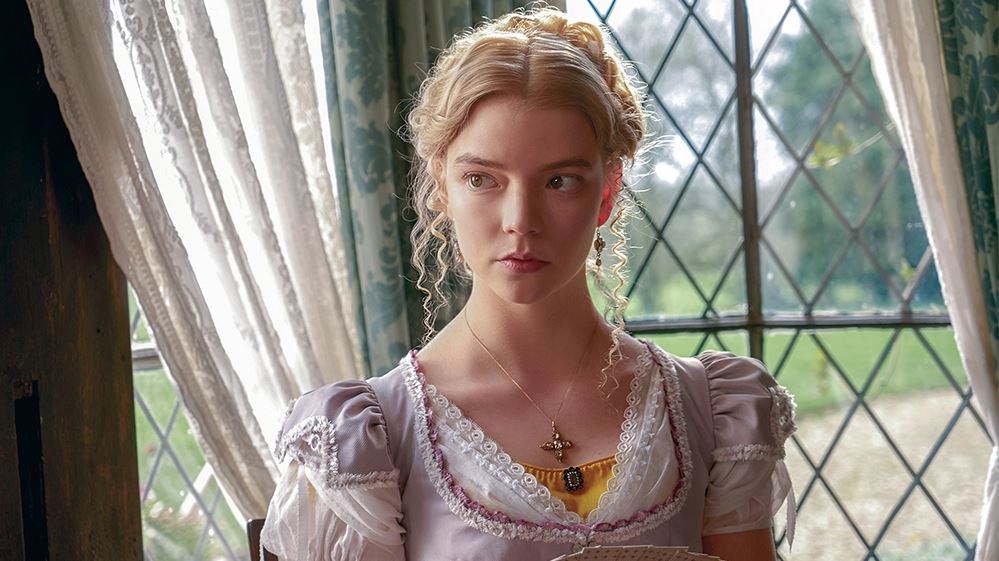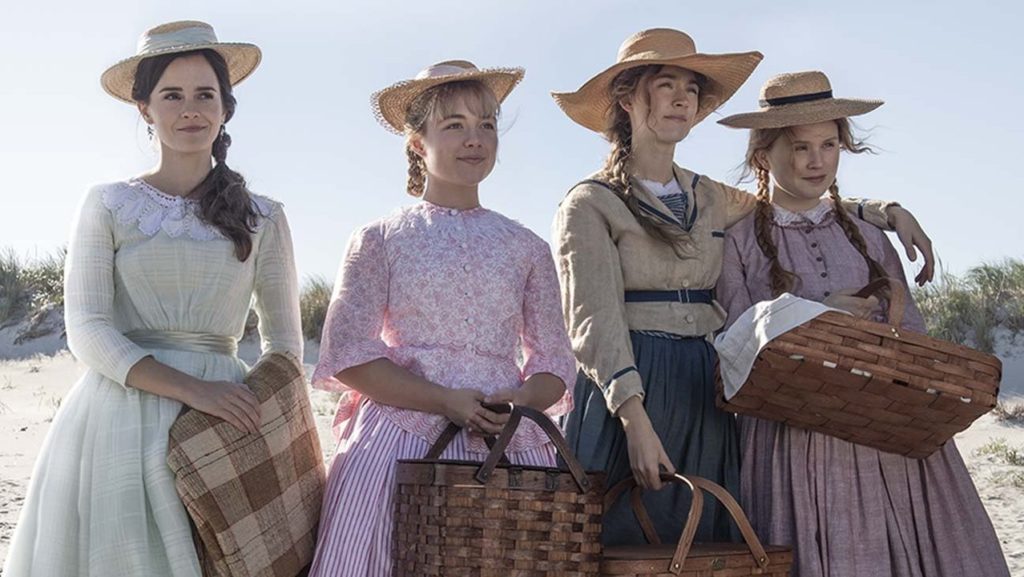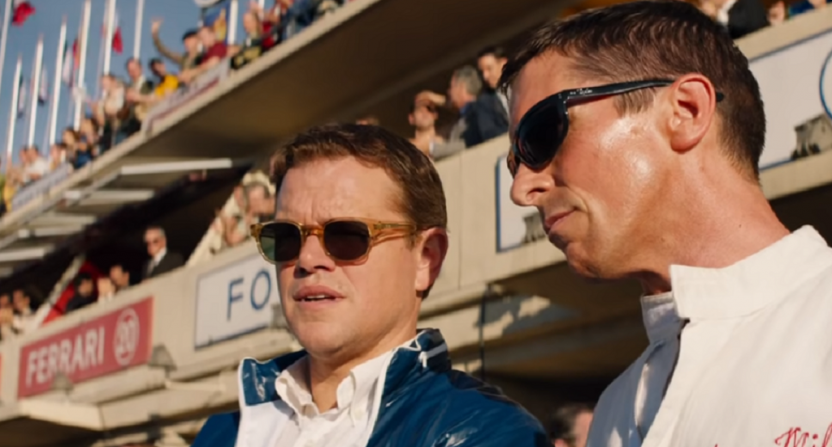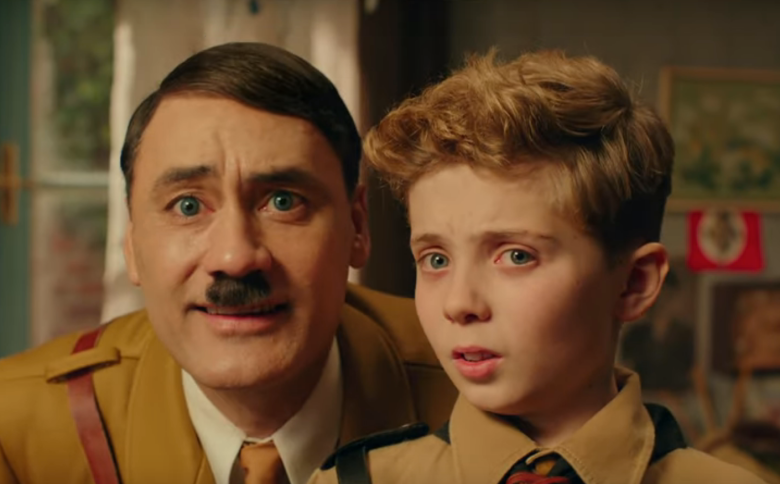The Devil All the Time: Once Upon a Time in the West Virginian Hellscape
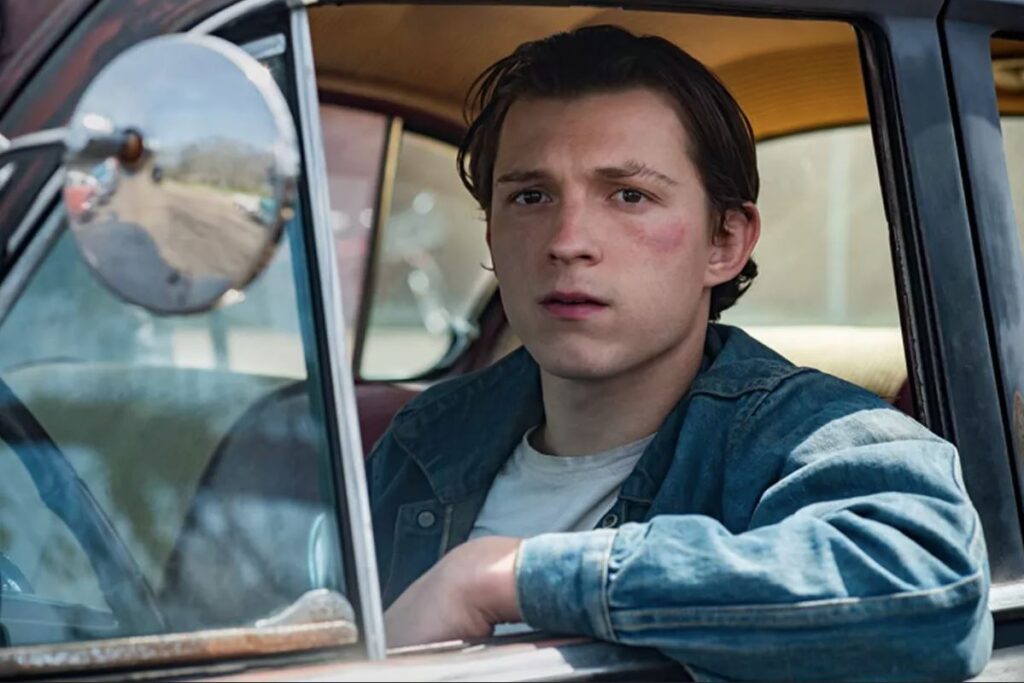
Late in The Devil All the Time, the relentlessly ugly and obdurately watchable new thriller from Antonio Campos, a young man insists that he isn’t a bad person. This may ring false, given that we’ve already seen him kill several people with a pistol and beat up several others with assorted car parts. But wickedness is a spectrum rather than a point, and the competition for the most despicable character in The Devil All the Time—which transpires in various backwaters of West Virginia and Ohio, including an aptly named town called Knockemstiff—is fierce.
There’s the World War II veteran who, in an attempt to convince God to eradicate his wife’s cancer, crucifies his son’s dog. That wasn’t very nice; maybe he’s the film’s biggest baddie. But is he really worse than the charismatic preacher who systematically grooms and rapes teenage girls? What about the other captivating preacher, the one who stabs his wife in the neck in order to hone his gift for resurrection, only to discover that, whoops, death isn’t reversible after all? And let’s not forget the smiling traveler whose hobby is to pick up hitchhikers, photograph them fucking his wife, and then murder them. These guys make David Fincher’s villains look cuddly. Read More

